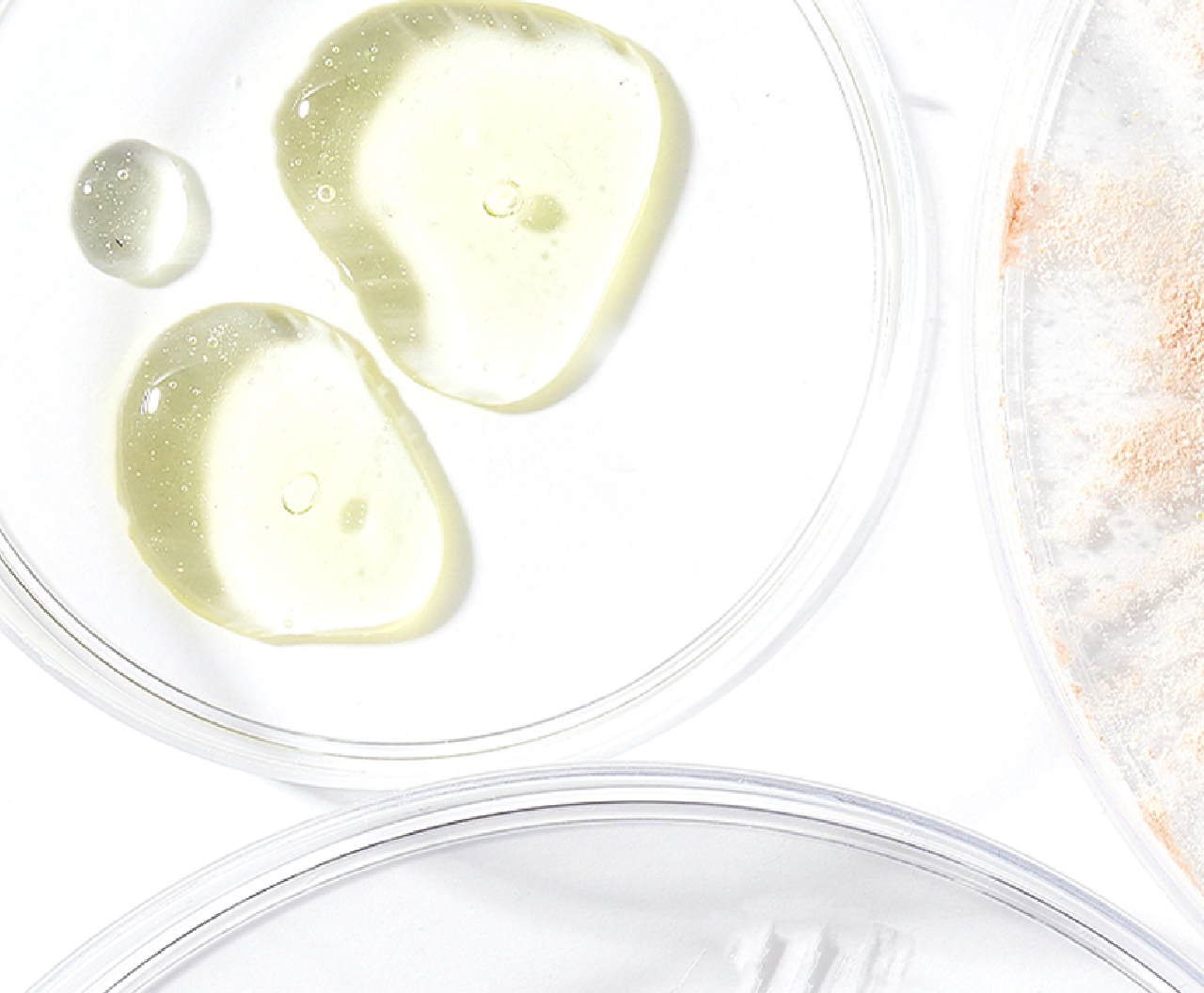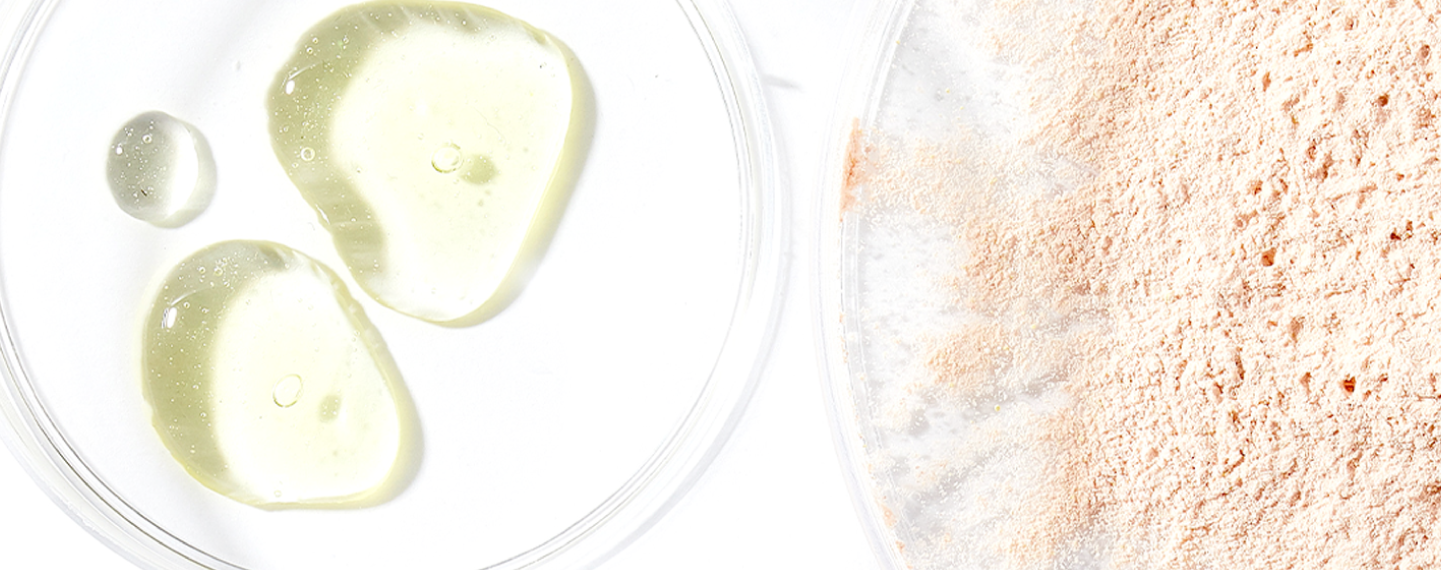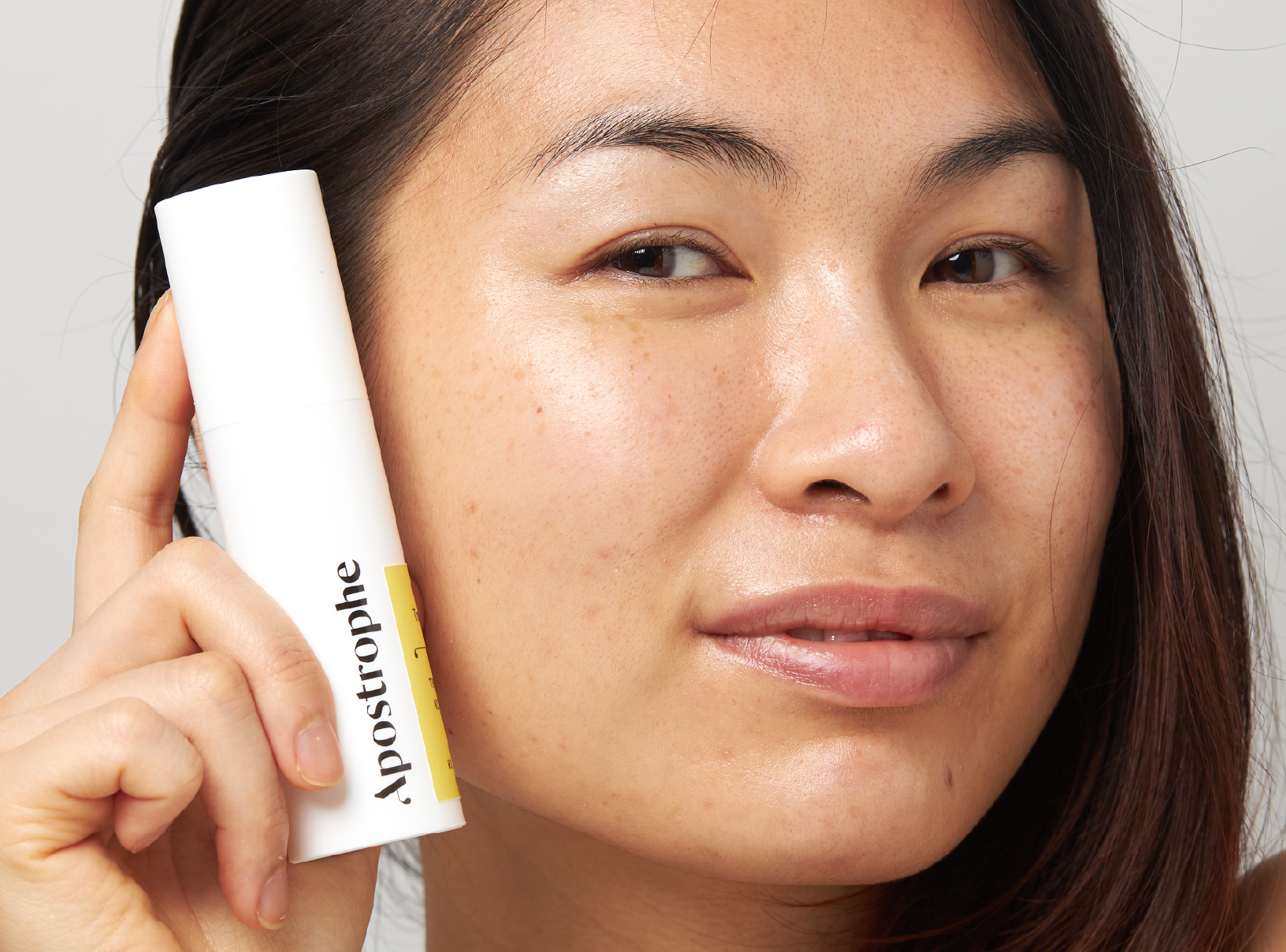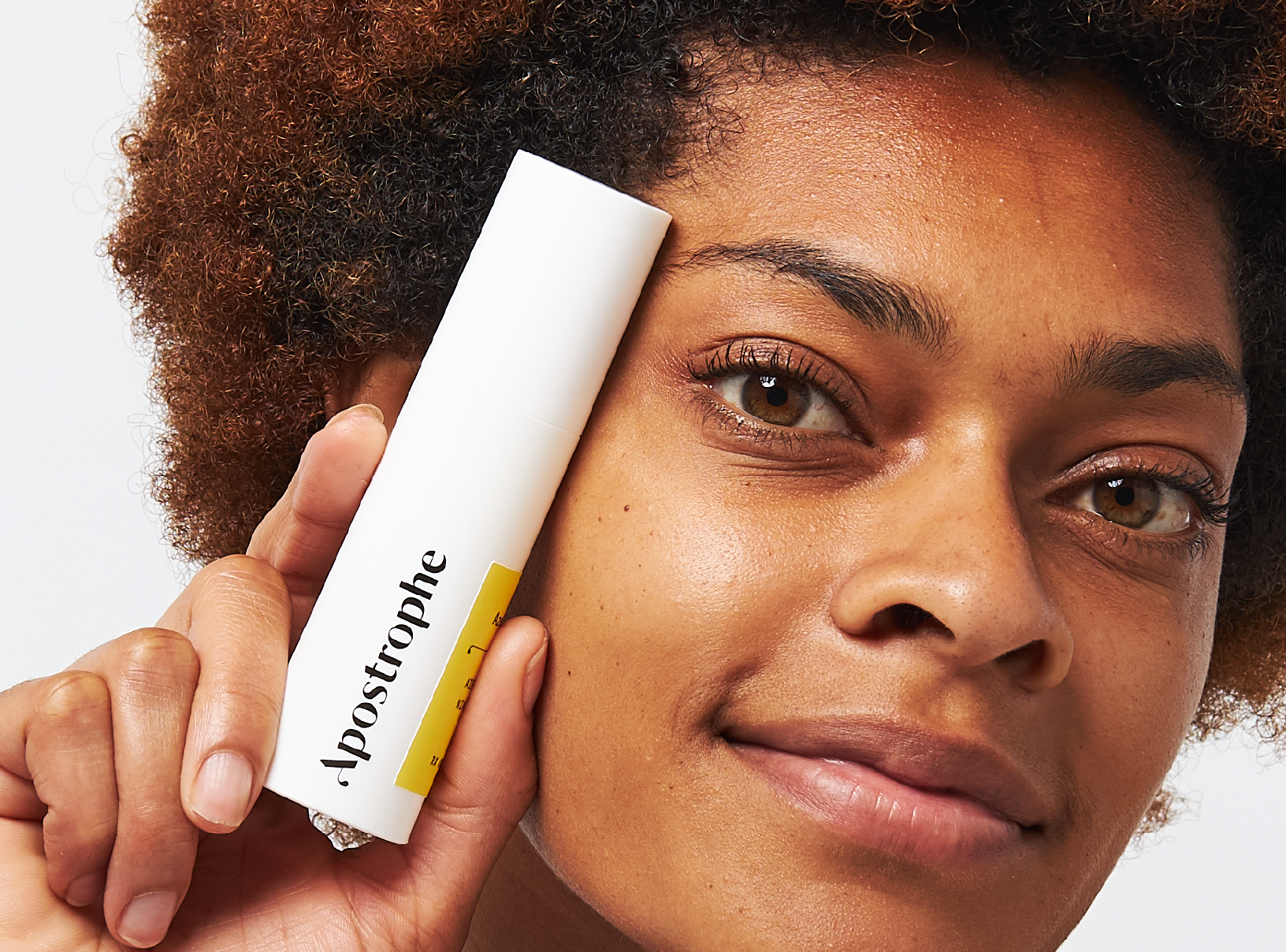Education
Rosehip seed oil and acne


SHARE
Education
Rosehip seed oil and acne
Medically reviewed by Mary Lucas, RN
Written by Apostrophe Team
Last updated 4/1/2024
Living with acne is hard. Not only is it sometimes physically painful, but it can negatively impact your emotional health and self-worth. But trying to solve your acne problems isn’t easy either.
There are countless acne products on the market, and even solutions that aren’t designed for acne being touted as the “next big thing.” You could easily spend a small fortune in pursuit of an effective blemish and breakout treatment.
The first step to preventing that unnecessary spending (and frustration) is research.
Don’t buy something just because it worked for a friend, you read it on some blog that had great before-and-after testimonials or because some company has what seems like the best marketing team in the world behind them.
When it comes to things like skincare products or folk remedies, which aren’t regulated by the FDA as strictly as pharmaceutical drugs are, it’s always best to read up on the actual science before risking your hard-earned cash.
Case-in-point: rosehip oil, also referred to as rose hip oil, and rosehip seed oil.
Can it really help your acne-prone skin, or is it just one of the latest fads, soon to be replaced by another?
What is Rosehip Oil?
Rosehip is a wild shrub found natively around the world in parts of Africa, Asia, and Europe.
When you see rosehip oil as a skin care product, it is the oil extracted from the seeds of this plant.
But rosehips may also be found in oral supplements, powders, teas, and even condiments like jam.
Some Background on Acne
Acne can broadly be attributed to four factors: oil or sebum production, the bacteria known as Propionibacterium acnes, inflammation, and the shedding of skin cells (or follicular hyperkeratosis).
You may have struggled with it your entire life or only developed it as an adult. It can be painful and leave lasting scars. It’s even tied to depression.
Acne can be triggered or worsened by hormonal fluctuations, stress, genetics, smoking, and cosmetics.
How Rosehip Oil Might Benefit Acne
There is no published scientific research that directly ties rosehip oil to the treatment of acne.
However, there are some hypotheses out there as to why the oil may be beneficial, and some research backing those hypotheses.
Confused?
Put another way: scientists have not proven (or disproven) that rosehip oil treats acne, but they do think some of its ingredients may be beneficial.
Vitamin C and Other Antioxidants.
Rosehips are abundant in antioxidants, including vitamin C (ascorbic acid), quercetin, and catechin, among others.
Antioxidant compounds have been proven useful in protecting the skin against aging, discoloration, and oxidative stress caused by free radicals.
Fatty Acids
The oil of rosehips is abundant in fatty acids, most notably linoleic acid (which makes up to 55 percent of the oil) and linolenic acid (which makes up as much as 27 percent).
These and other fatty acids have been shown to be effective at reducing inflammatory conditions throughout the body.
Side bar: oils and acne. Let’s clarify something: putting oils directly on your skin won’t necessarily cause or worsen acne.
Sure, some oils could, but that’s because of that oil’s unique comedogenic properties. Comedegenic means it worsens or causes comedones, or pimples.
There is evidence that using a comedogenic ingredient in a cosmetic product doesn’t necessarily mean that the product is comedogenic.
Wait, what?
Yes, when placed with other ingredients, the properties of a component can change. Many acne treatments and moisturizers contain plant oils like rosehip oil.
However, we have not found evidence that the comedogenic properties of rosehip oil specifically have been researched.
Side bar: before we continue on, let’s talk about oils and acne real quick.
It seems common sense that putting oil on your skin is a great way to invite an acne breakout.
And sometimes, that’s true.
Some oils are more comedogenic than others. “Comedogenic” is fancy doctor talk for how likely an oil is to help cause “comedones,” which is more fancy doctor talk for pimples.
But there’s also research out there to suggest that comedogenic ingredients in skin care products don’t necessarily increase the odds of a break out. In fact, plenty of skincare products on the market use comedogenic ingredients.
Far as rosehip oil is concerned, we just don’t have enough science to determine its propensity to worsen acne breakouts. The best thing to do is experiment — see what works for your skin and what doesn’t.
The Evidence
Primarily, the idea that rosehips may be effective in acne treatment boils down to two potential effects: antioxidant and antiinflammatory, largely driven by the antioxidants and fatty acids within.
In fact, the few actually researched benefits of rosehip oil are attributed to these effects.
For example, rosehip powder has been shown to reduce skin wrinkles, fine lines and elasticity, due to what is believed to be its antioxidant benefits.
But because vitamin C may play a role in collagen production, it could also aid in these anti-aging benefits.
Likewise, rosehip seed oil has also shown promise in the treatment of scars.
In a small study of 108 post-surgical patients, rosehip oil was found to lessen redness and scarring over a 12-week period. So this same healing could, in theory, apply to acne scars.
Specifically related to acne, there has been some research on the components within rosehip oil.
Although people with acne are generally thought to have too much oil (sebum) and oily skin, they’ve actually been found to have less of the essential fatty acid linoleic acid in their skin oils.
And some research suggests topically applied linoleic acid can reduce small comedones, or pimples.
Because rosehip oil is so rich in this fatty acid, it could have similar effects, though this hasn’t been tested in a controlled experiment.
People with inflammatory skin conditions, like acne breakouts or dermatitis, may have less vitamin C, too. It’s believed the anti-inflammatory properties of vitamin C can therefore be used to treat these skin conditions.
The Bottom Line
If you hadn’t noticed, there are many ‘coulds’ and ‘mays’ in the reviews above.
There’s a reason for this: science simply hasn’t proven much of what we’re discussing.
These suggestions are based in logic and what is known about rosehips and their active components, but whether or not it will help your acne when used as a facial oil simply can’t be boiled down to a simple yes or no answer.
If you want to give it a shot, rosehip oil is likely safe.
You may want to try a spot-test to ensure you aren’t sensitive to it, however.
Apply a small amount to a small patch of skin and wait several hours or a day to ensure there’s no reaction. Then, you can apply it more broadly as part of your skincare routine.
If, however, you’re not sold on the lack of evidence on rosehip oil for acne, there are other acne treatment options available, backed by years of scientific research and the endorsement of dermatologists.
References
https://www.tandfonline.com/doi/full/10.1080/10942912.2013.777075
https://www.scirp.org/journal/PaperInformation.aspx?PaperID=57497&#abstract
https://onlinelibrary.wiley.com/doi/abs/10.1046/j.1365-2230.1998.00315.x
Like what you just read? Sign up for our email list to get the scoop on skincare science delivered straight to your inbox.

Deep Dives
A dermatologist shares his thoughts on the recent studies about benzoyl peroxide and benzene.
Read More
Education
What is milia?
What is milia? Today, we’re jumping into one type of bump that you may have heard about most commonly in infants — milia.
Read More
Education
Best moisturizer for acne-prone skin
If you have combination acne-prone skin, figuring out which moisturizer is best for your skin might be tough. In this guide, we break down the best moisturizer for combination, acne-prone skin.
Read More
